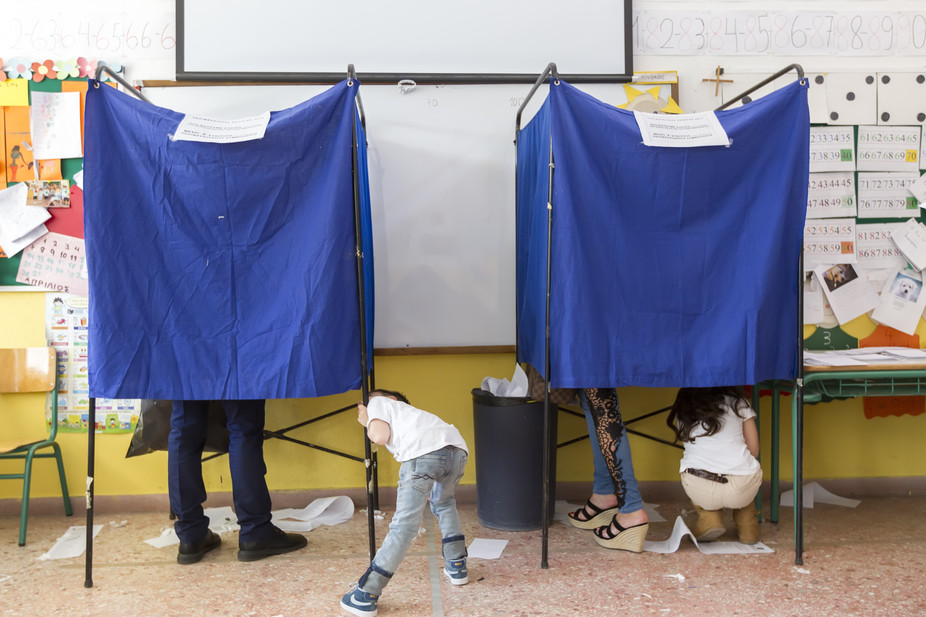
On May 5 when the UK next heads to the polls for local and regional elections, voters in London, Salford, Liverpool and Bristol will have an extra choice to make – who they want to become their next directly elected mayor.
Directly elected mayors have a great deal of power – unlike their purely ceremonial counterparts who tend to be senior councillors wearing the robes of office and tasked with carrying out a range of civic duties. Directly elected mayors are there to exercise political leadership and to “get things done”.
London was the first to have this post, but by the middle of next year there will be more than 20 elected mayors across England. And in the recent budget, the chancellor of the exchequer, George Osborne, spoke about increasing the numbers again which could mean more to come.
The modern London mayoralty began back in 2000 following a referendum in London which supported the creation of a mayor and a Greater London Authority and provided legislation to introduce the structures.
More positions were created shortly afterwards, in places as different as Bedford, Doncaster, Lewisham and Middlesbrough. Tony Blair was an enthusiast as is David Cameron – and the push to create more elected mayors has continued ever since. Mayoral elections are for a fixed term, which means those mayors last elected in 2012 will face a contest this year. Terms of office – assuming no death, resignation or disqualification – are four years long.
For or against?
Those in favour argue that mayors can provide strong local leadership. Research looking at the impact of the mayor in Bristol has shown that the introduction of an elected mayor directly resulted in an increase in the visibility of city leadership. But those against say that the creation of elected mayors actually reduces local democracy with most elected representatives having little or no power.
This is because the more power belongs to the one figure, the less power each individual councillor has. An example is that whereas an administration’s budget could be defeated by a majority, the mayoral budget requires a two-thirds majority. Mayors also may not feel answerable to elected councillors because rather than being elected by the council (as council leaders are) the mayor has a direct mandate.
The decision to have a mayor is often taken by a referendum, although there are examples – such as in Liverpool – where local people were not consulted and the mayor was elected by the council. Decisions have also been revoked – both Stoke and Hartlepool decided to abandon the role after controversies. Hartlepool’s elected mayor, Stuart Drummond, was an independent candidate best known for his role as the local football team’s monkey mascot. And a lot of other local electorates in England and Wales have actually rejected the idea altogether.
Despite the significance of these positions, turnout in mayoral elections has been low – participation in the last London contest did not reach 40%. And in Liverpool, back in 2012, just over 31% cast a vote. Politicians know that turnout is partly driven by a sense of a close contest, but in London there was a perception of a contest and yet still the turnout was low.
What does the role mean?
Being an elected mayor is a big job. The largest constituency in Liverpool has an electorate of around 70,000, while the figure for the mayoral contest is closer to 320,000.
The powers of elected mayors vary – but they have great symbolic importance and individuals can develop a strong personal presence, becoming “Mr Salford” or “Mrs Watford” for example. The focus on the individual also encourages image building. The first directly elected mayor of Middlesbrough, former senior Cleveland police officer Ray Mallon became known as Robocop by many,
Many MPs or former MPs also seem to view becoming an elected mayor as a good career move – and in London both main players are current MPs. Leicester’s elected mayor is former MP Peter Soulsby, while Ian Stewart in Salford was MP for Eccles at one time, and former MP Sion Simon reportedly plans to contest the West Midlands post next year.

How does the voting work?
Voting in the mayoral elections is a little different to voting in local or parliamentary contests – the system used is the supplementary vote. This basically means that electors get a first choice and a second.
If no candidate reaches the 50% threshold, only the top two remain in the fight and all the other ballot papers have their second choices transferred. This clearly affects campaign strategies and messaging – annoy the supporters of every other candidate and you are unlikely to get second preferences. Boris Johnson needed second choice votes to get across the line in 2012.
There is also the consideration of how the other polls happening on the same day will influence the way people vote. While we might want to believe that voters carefully consider each role separately before making their choice, we know that the presence of one very popular or very unpopular individual on one ballot paper is likely to affect thinking about others.
I voted by post today and had three ballot papers: mayor, police and crime commissioner, local councillor – which is a lot of decisions to make about our future leaders in one go. If elected mayors are to have the legitimacy the government desires then electoral engagement needs to increase. But it’s not the voters fault if they don’t see the point. It is down to mayors themselves to become better at making us see them as relevant enough to care about.
![]() This article was originally published on The Conversation. Read the original article.
This article was originally published on The Conversation. Read the original article.
